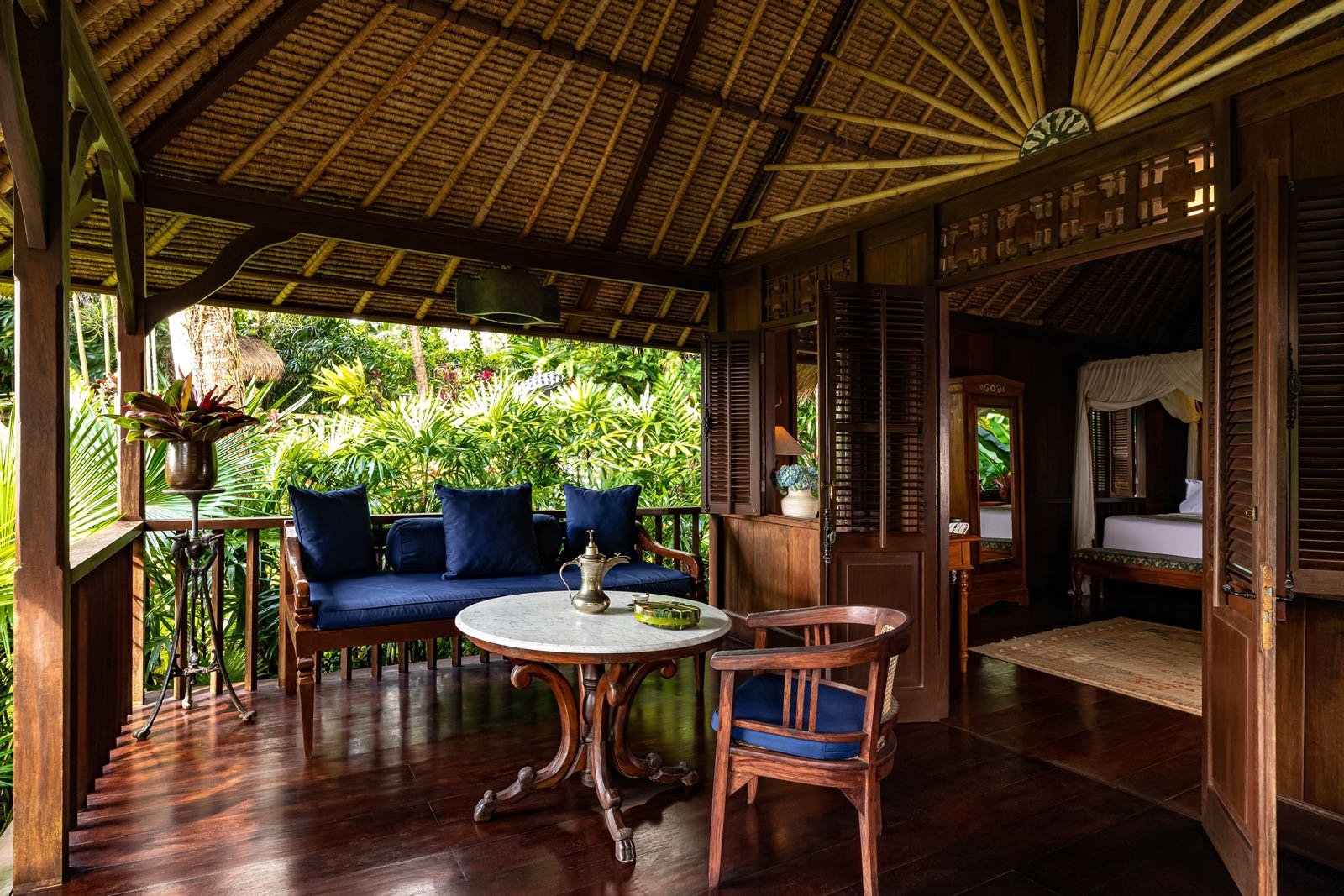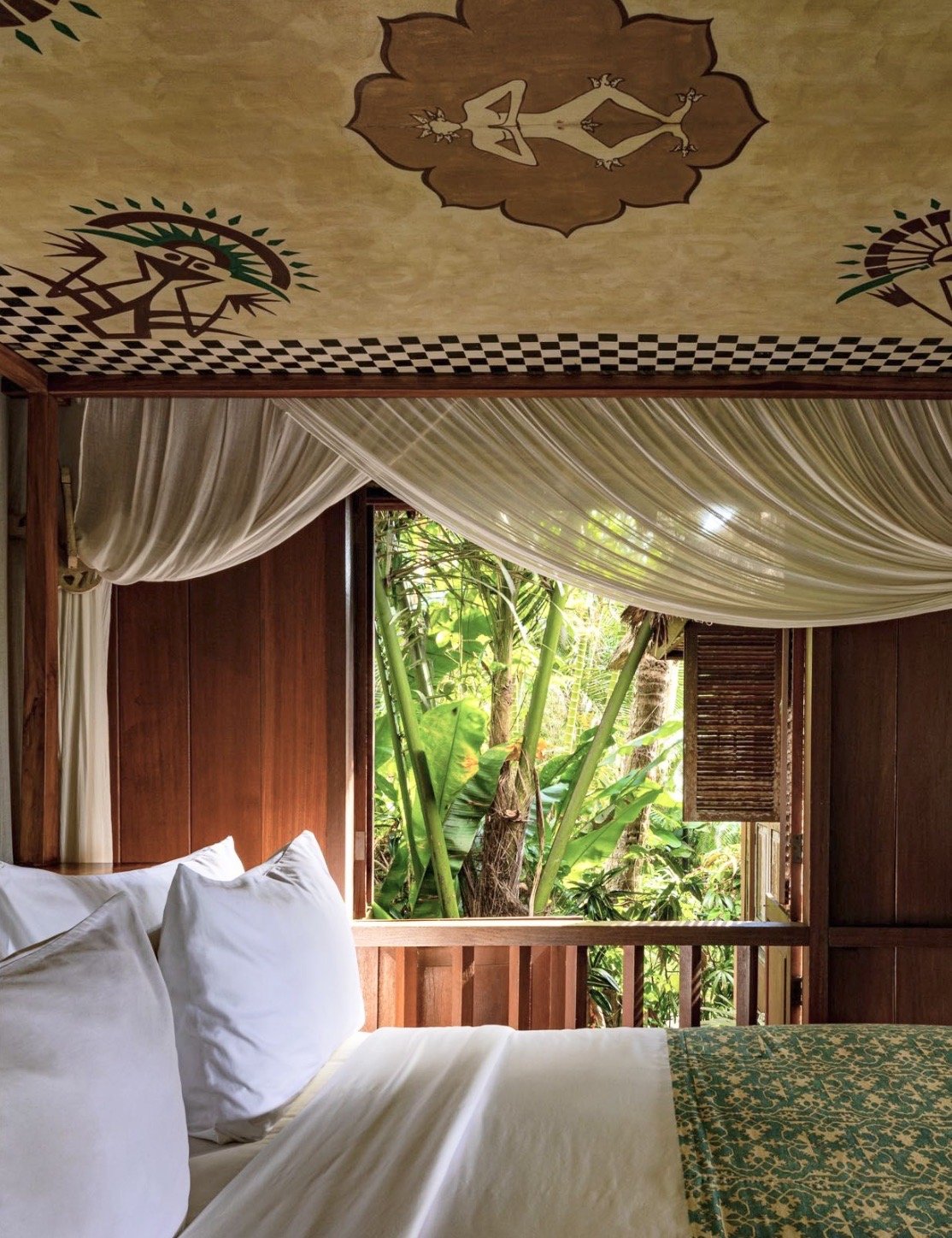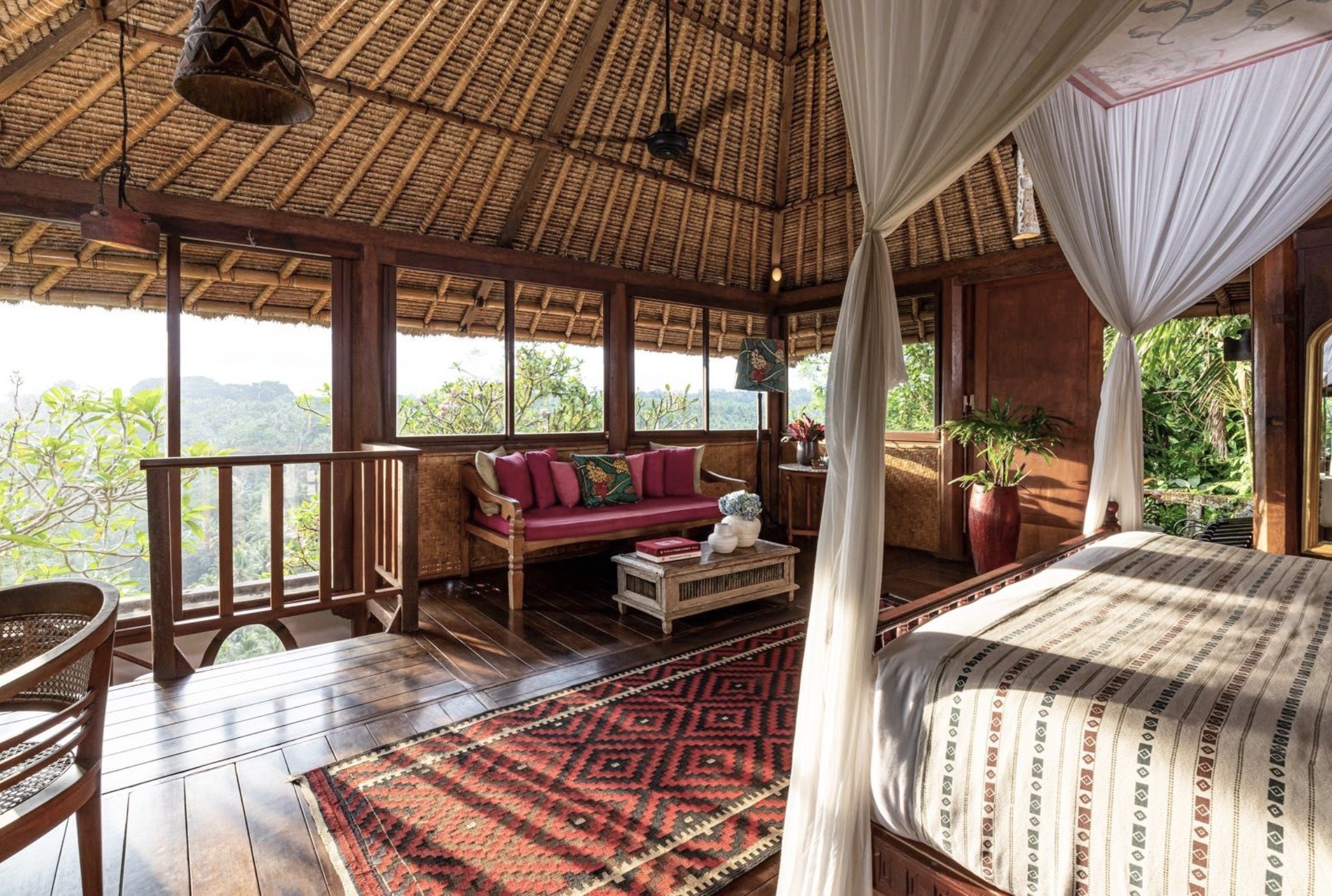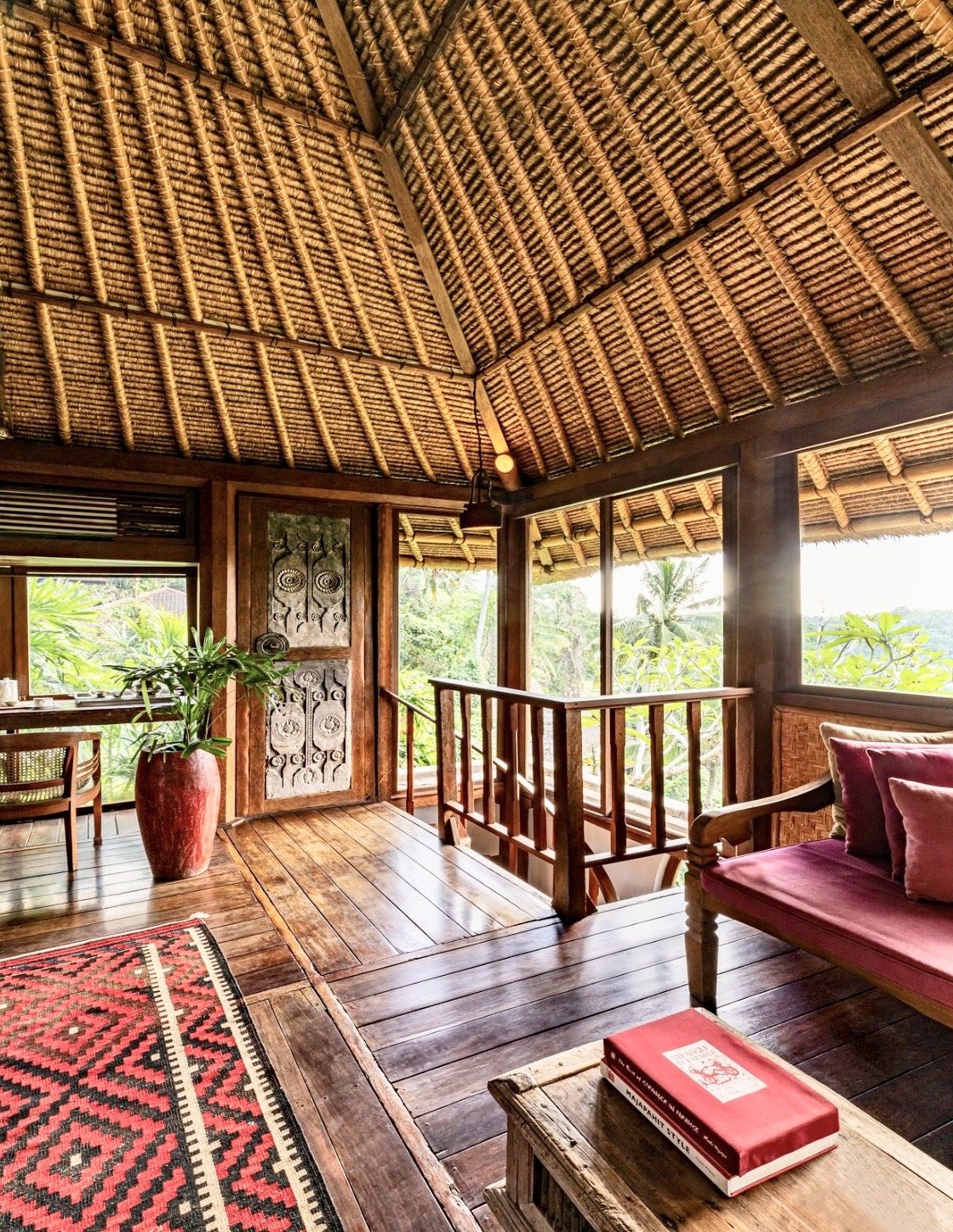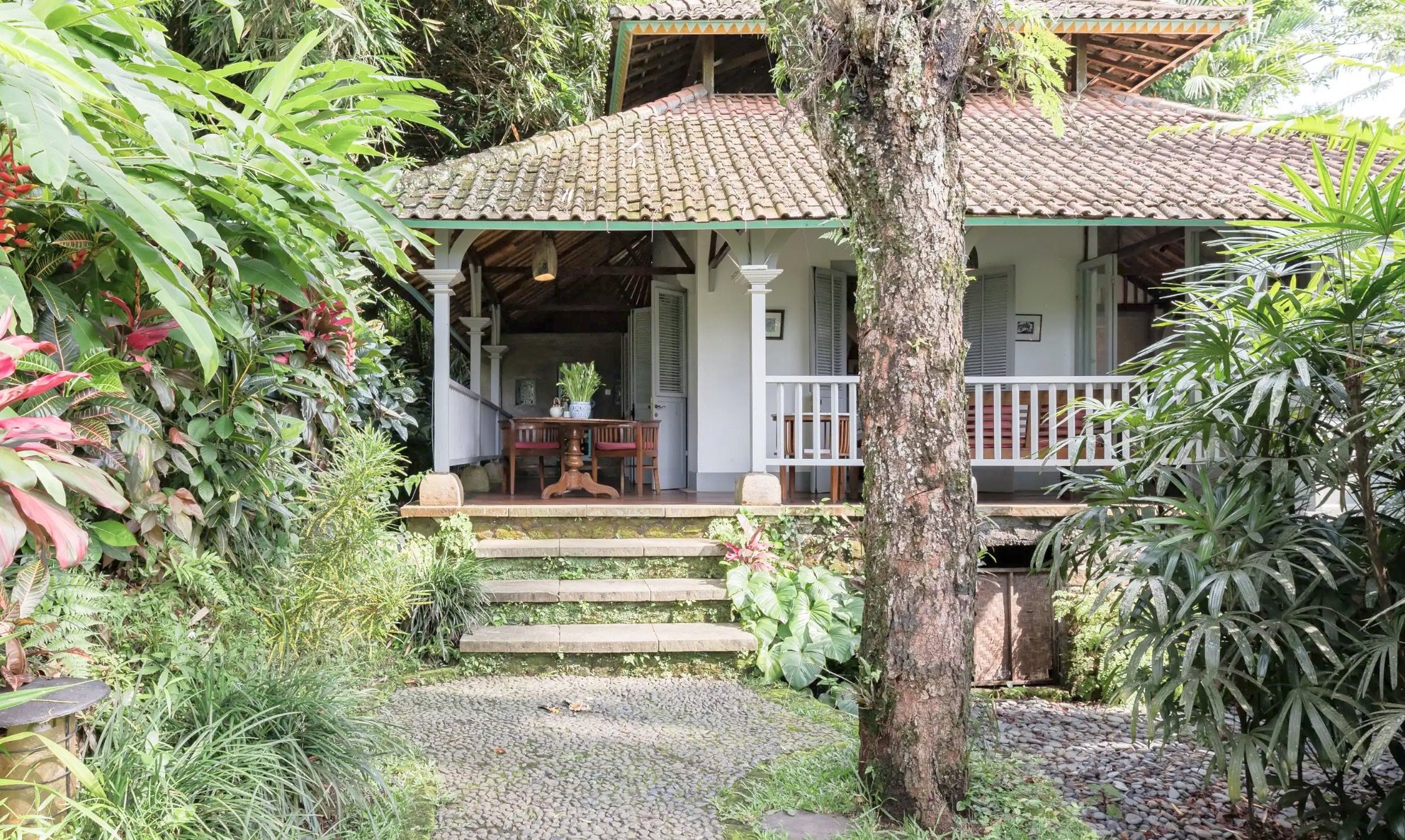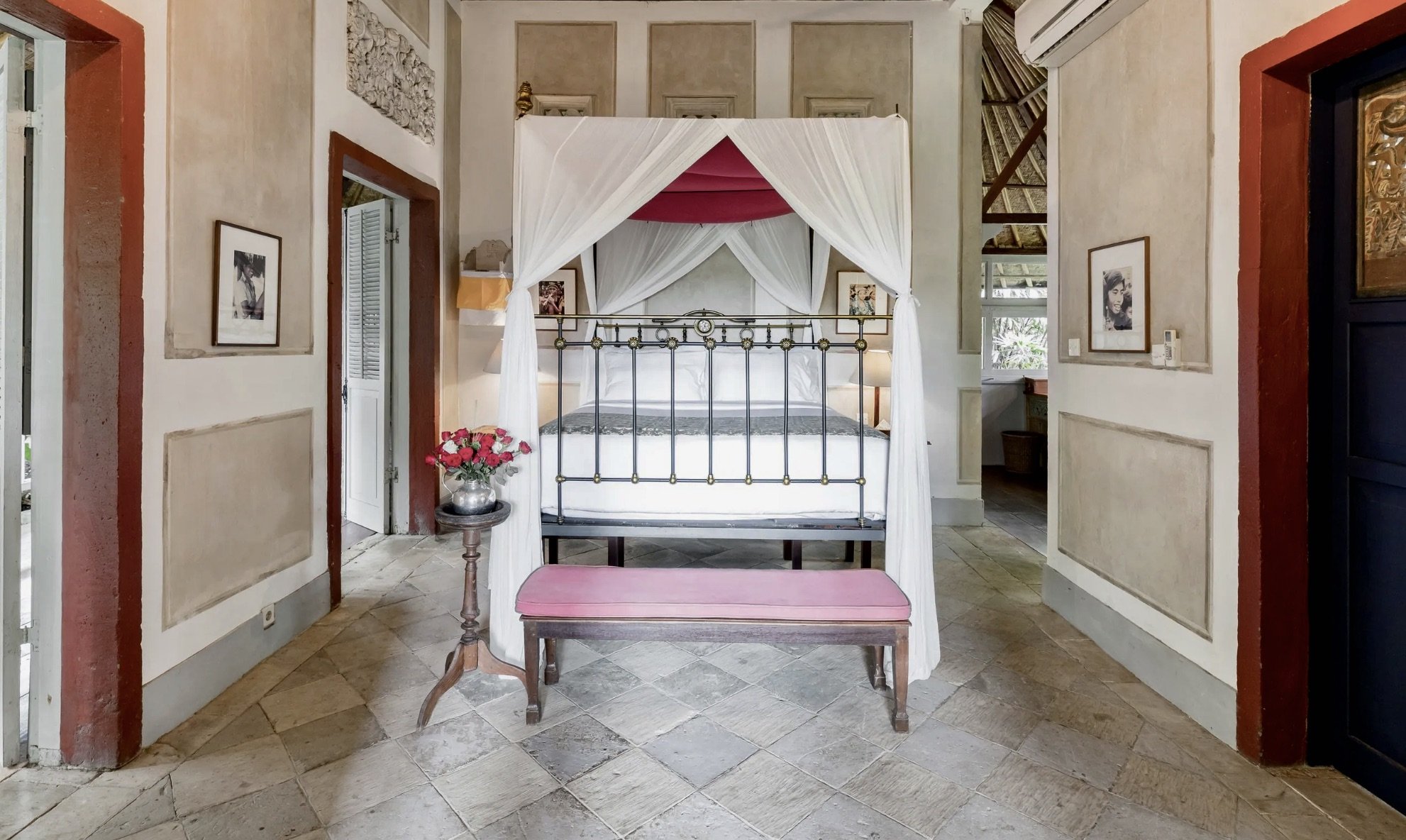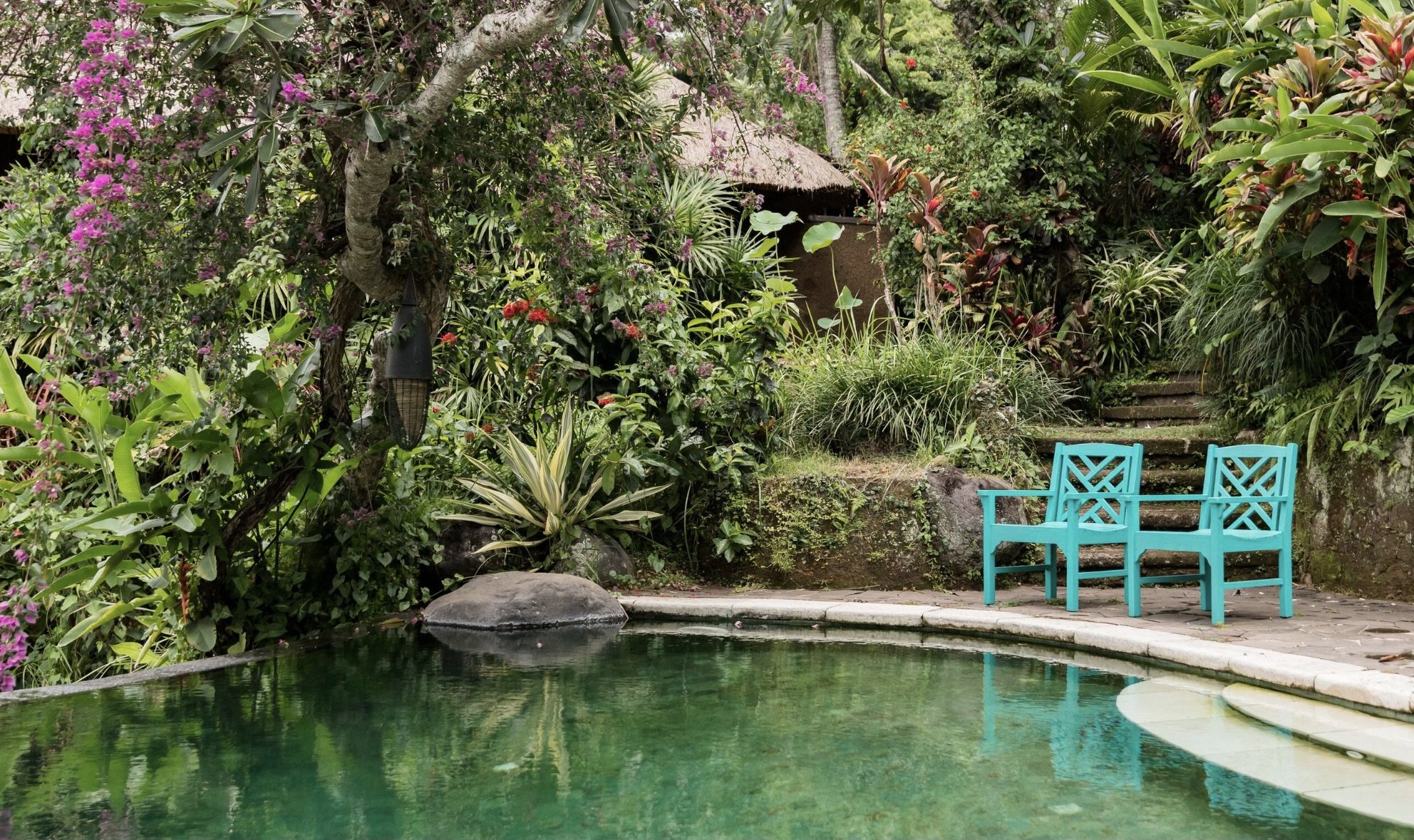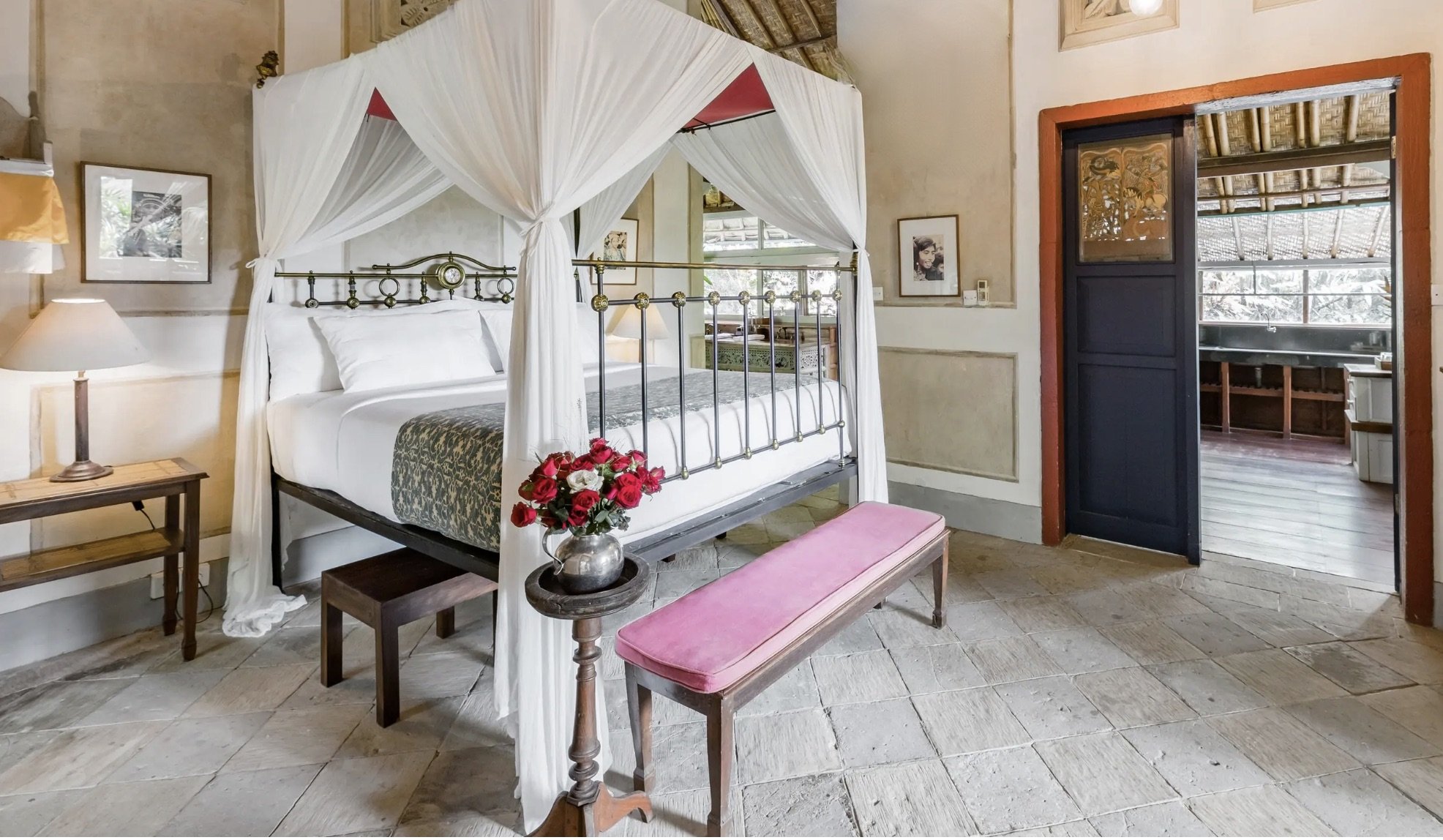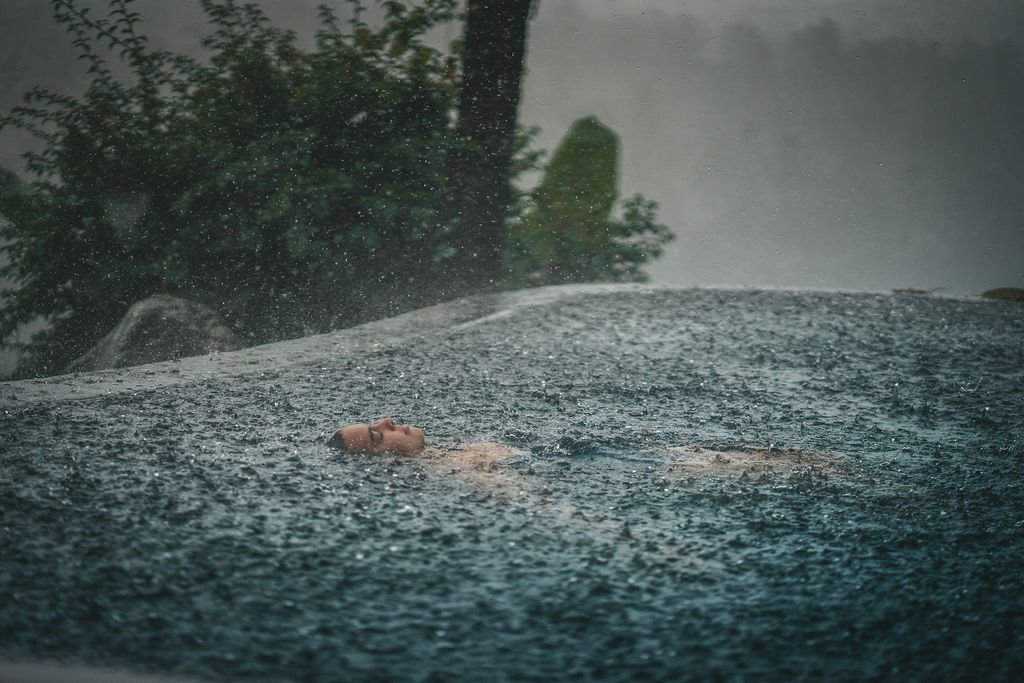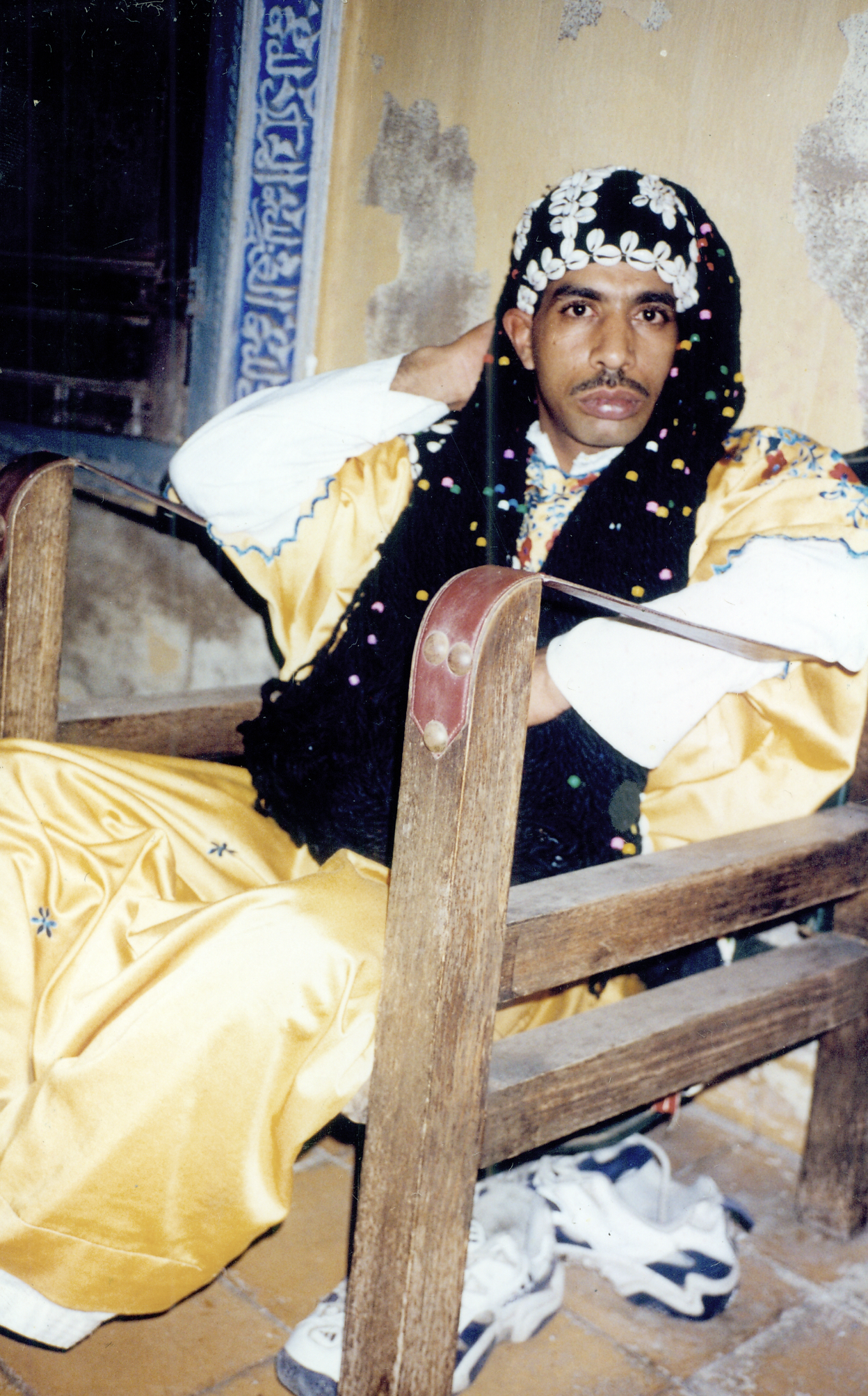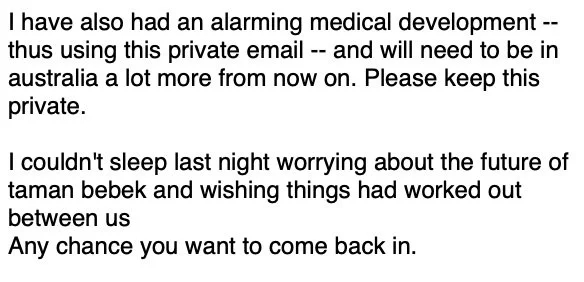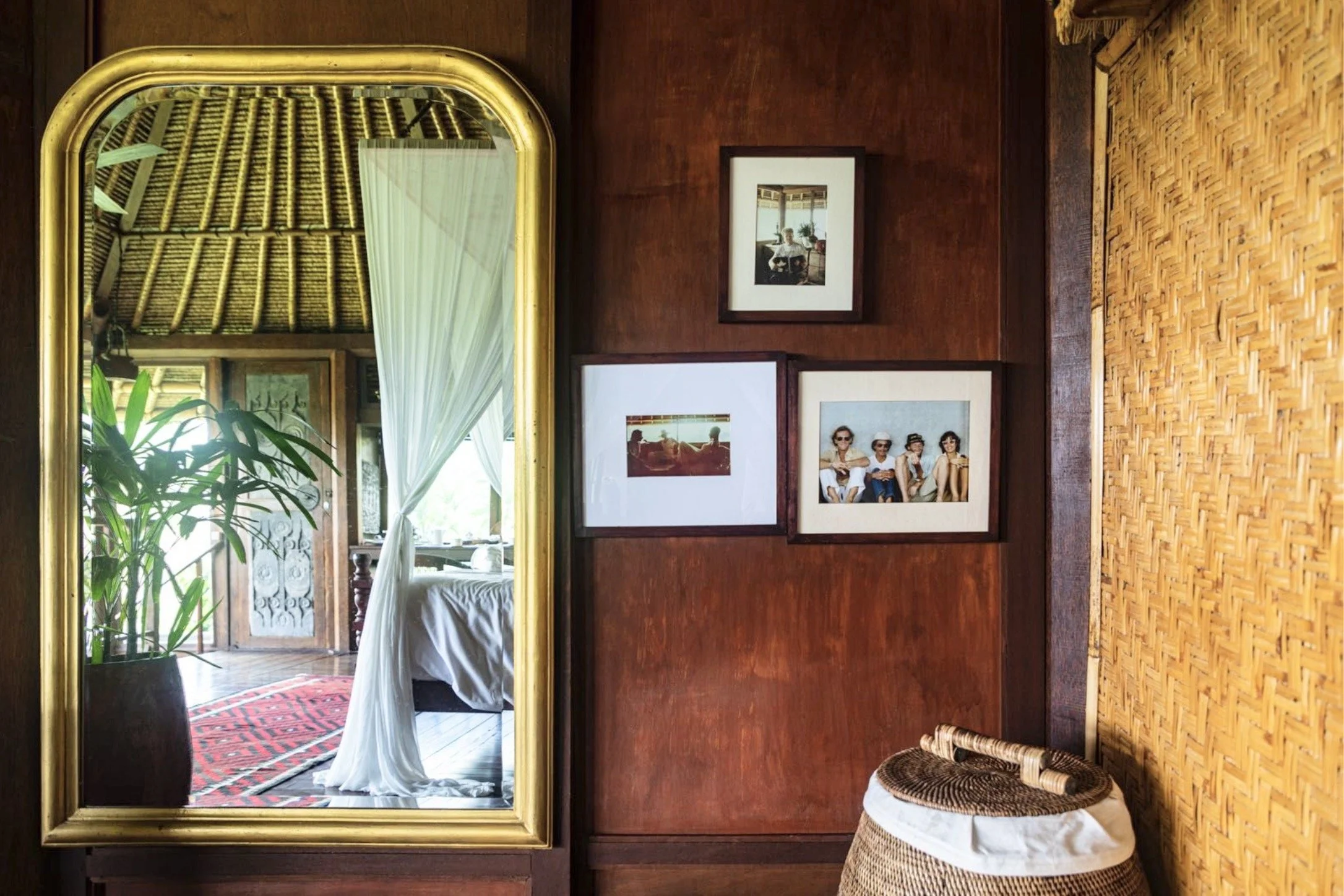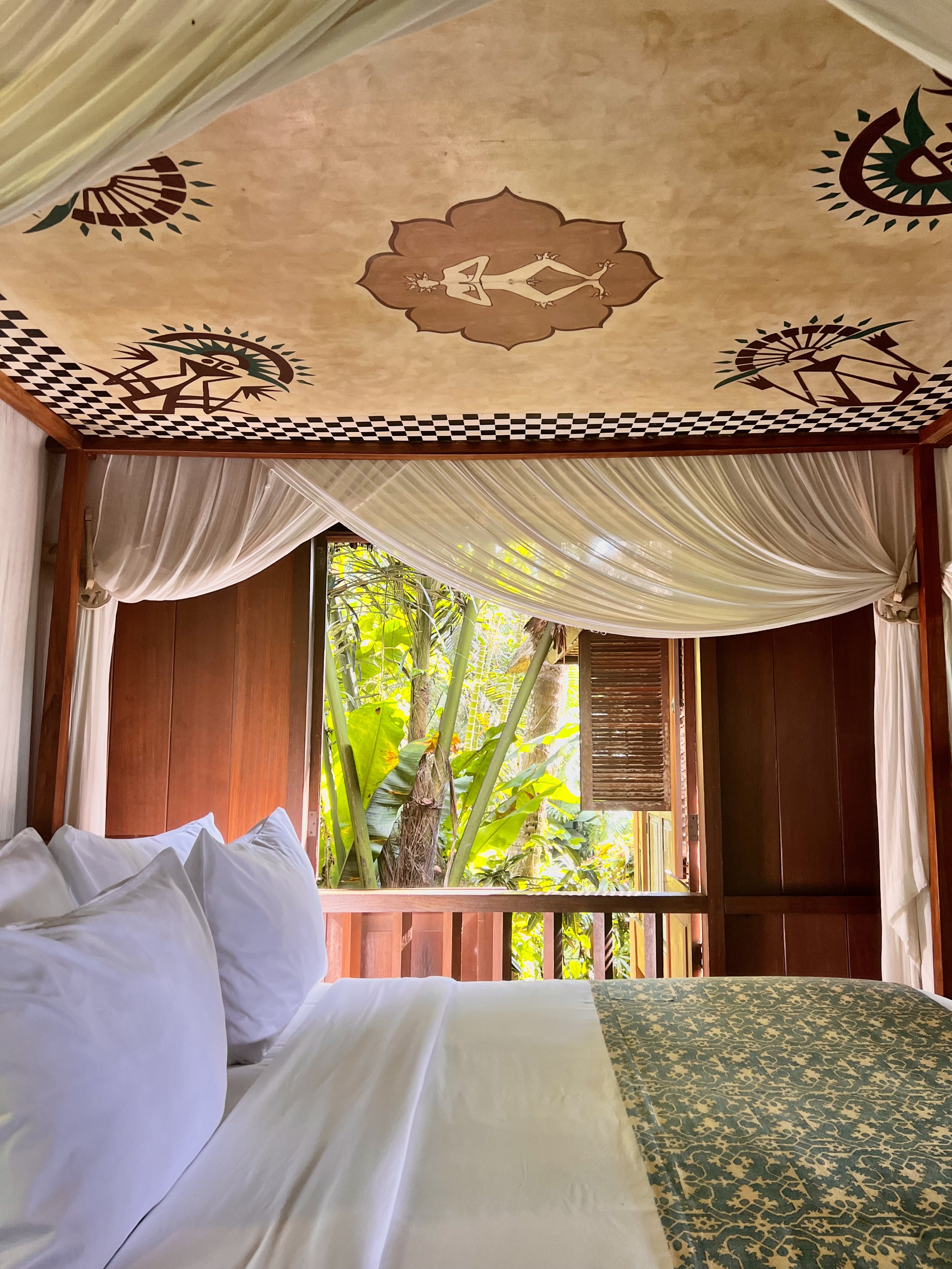Jump to the latest update: The Untold Story
Taman Bebek is at risk.
Will the 15th of July 2024, be another architectural and cultural sacrifice to the Capitalist Gods?
We invite you to join us in understanding the implications of Taman Bebek being lost, the history it sweeps away, and the future it bulldozes if we let the Taman Bebek be demolished to make way to another villa. Stand with us as we honor the legacy of Taman Bebek and Made Wijaya, and discuss the potential means to preserve it. We ask you to lend us your signature by filling up the form below, we will use it to sign a petition from the Friends of Taman Bebek to those who intend to erase Taman Bebek and its 100 years of history. Read on.
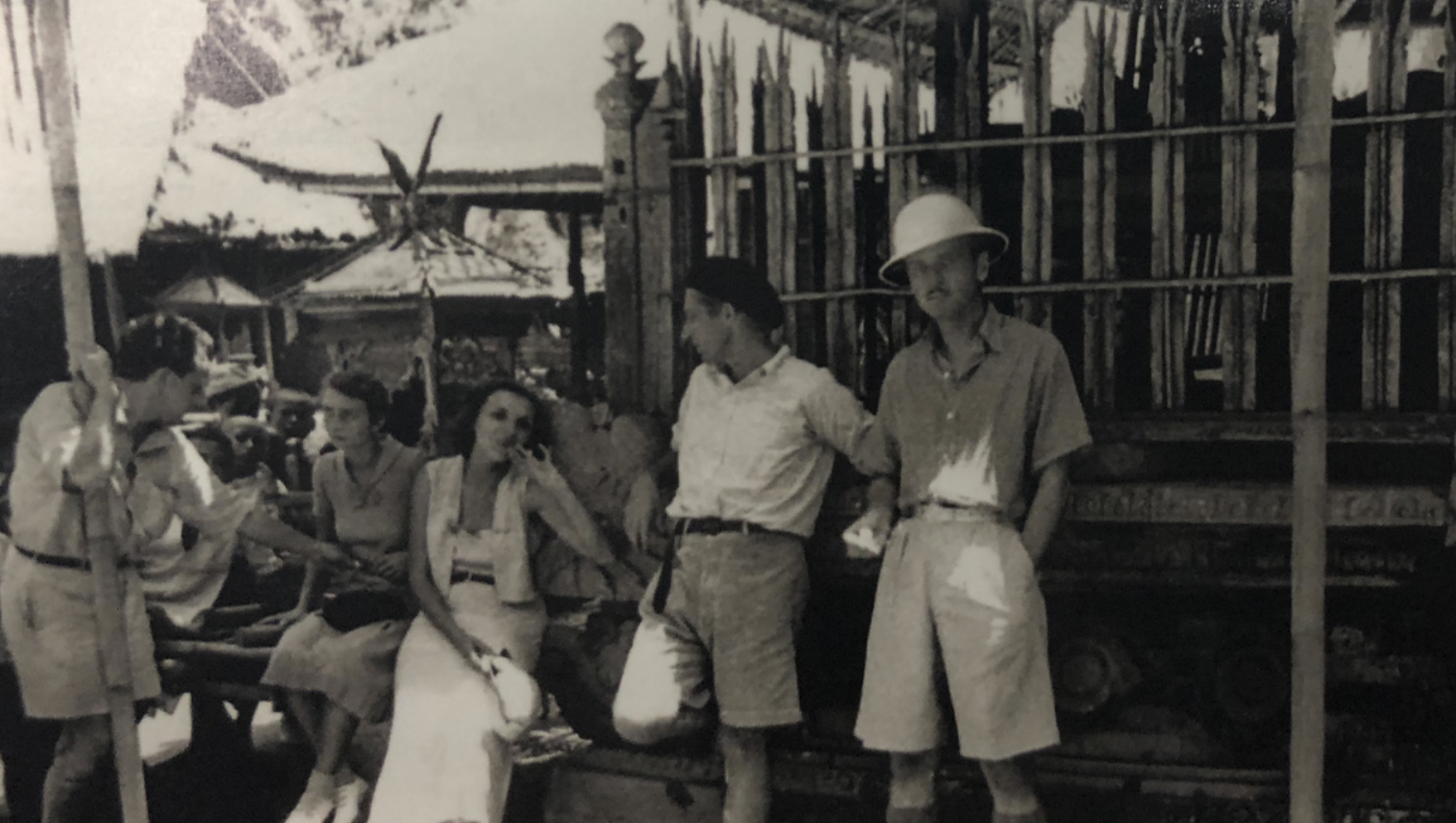
Remembering the Early Days
The 1930s
The story of Taman Bebek Hotel dates back to the 1930s, when the American ethnomusicologist Colin McPhee and his anthropologist wife, Jane Belo, built a Balinese basecamp with a beautiful garden on the edge of the ridge above the magnificent Ayung River valley, where Villa Royal now stands. During the 1930s, Ubud was a spiritual playground and a source of inspiration for an adventurous intellectual crowd, serving as a home to musicologists, anthropologists, and novelists such as Margaret Mead, Gregory Bateson, Barbara Hutton, Walter Spies, and Betty Waterson. From their house in Sayan, the couple actively participated in local musical life. McPhee was the first Westerner to study Balinese music with native teachers and played different instruments in Balinese gamelan orchestras. He also helped revive interest among the Balinese in older forms of the island's rich traditional music.
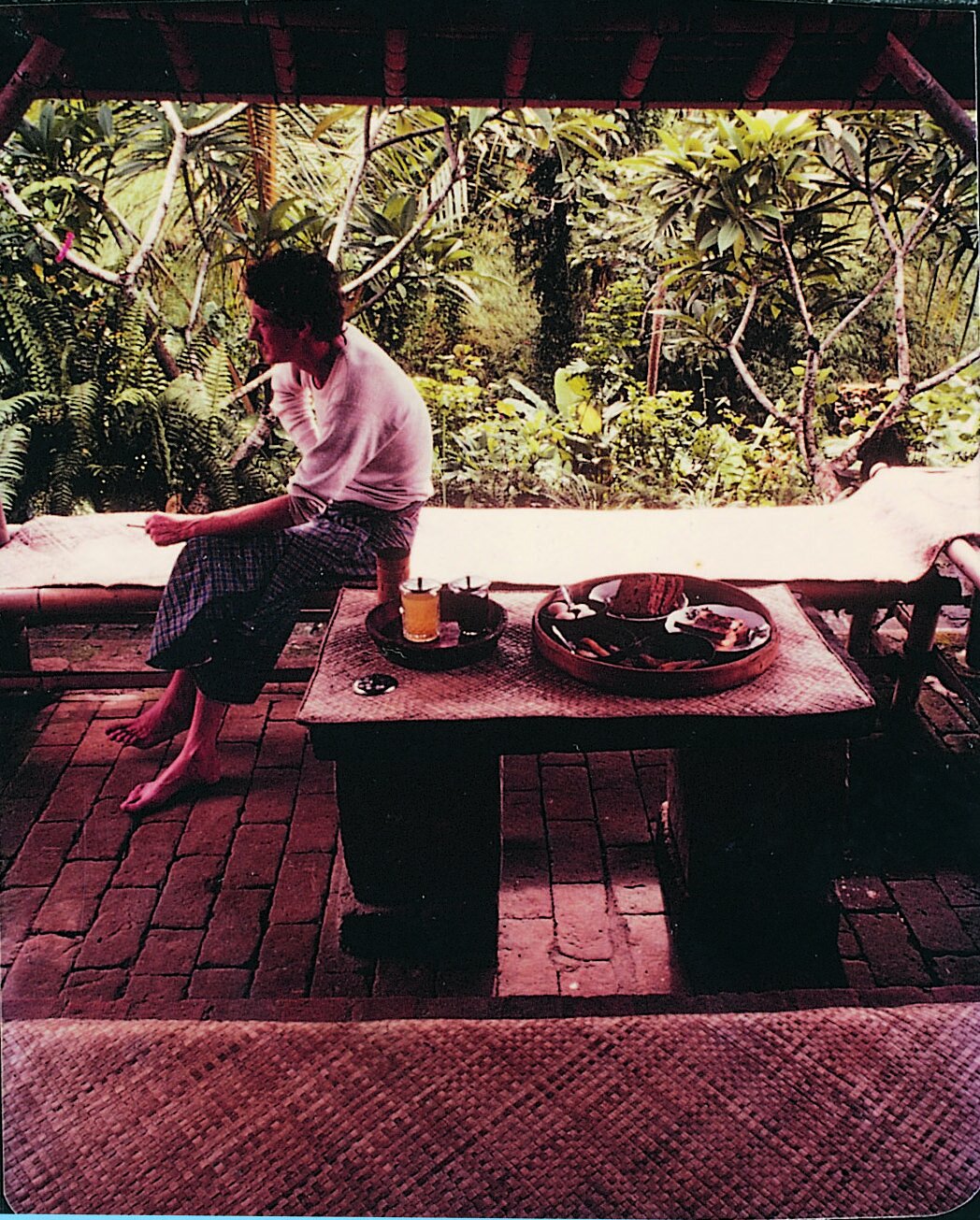
A Legend is Born
The iconic1980s & 90s
Before super-hosts there was Made Wijaya
Made Wijaya was a creative powerhouse, widely recognized as one of the most flamboyant, controversial, and larger-than-life characters on the island he was a real renaissance man. Internationally respected as a landscape architect his talents also extended to art, design, photography, film-making, history, journalism, satire, and anthropology. In short, Wijaya, the Australian-turned-Balinese, was Bali's undisputed host for most of his life. Taman Bebek became his celebrated getaway home - a place to receive friends from all over the world, amongst them Yoko Ono, David Bowie, Mick Jagger, Francis Ford Coppola, Basil Charles, and Mark Shand.
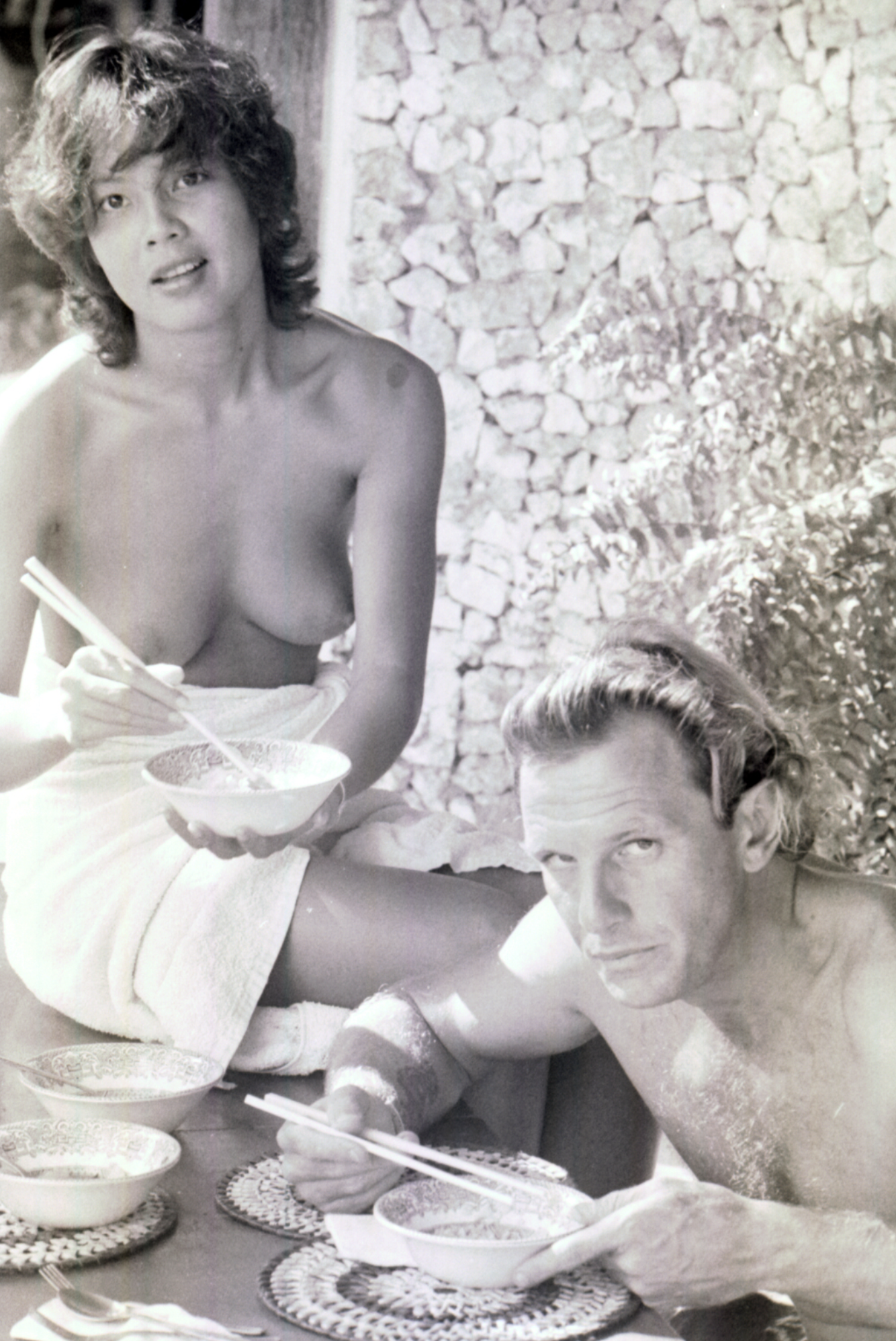
By the late 1980s, Made Wijaya had converted Taman Bebek into the ultimate Bali escape for an A-list of Bali-lovers determined to discover the depth of the island’s culture and nightlife at the invitation of the Bali's legendary host.
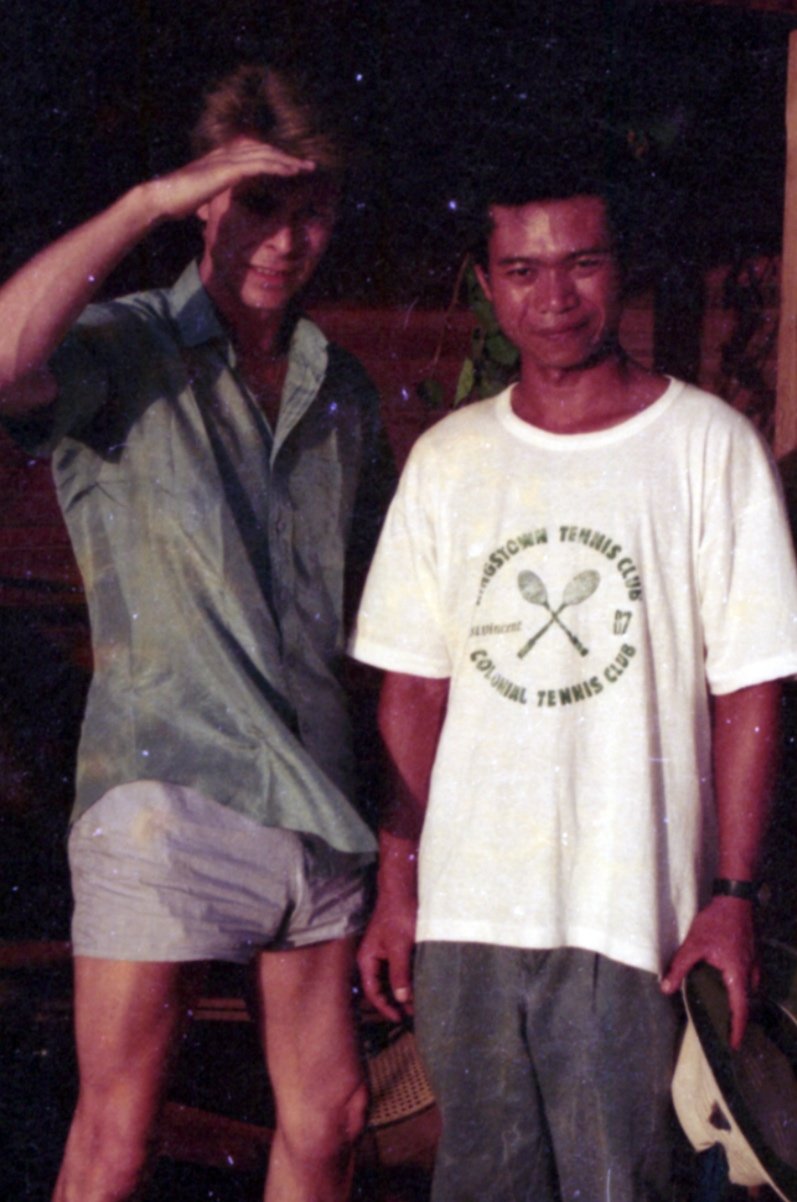
“Where Rockers,
Philosophers and
Tastemakers came to
learn from the Balinese.”
In the words of Made Wijaya, the 1980s was a decade fueled by mind-altering substances and lubricants. While Ubud had become a home-away-from-home for artists, Taman Bebek was reserved for the iconoclastic misfits.

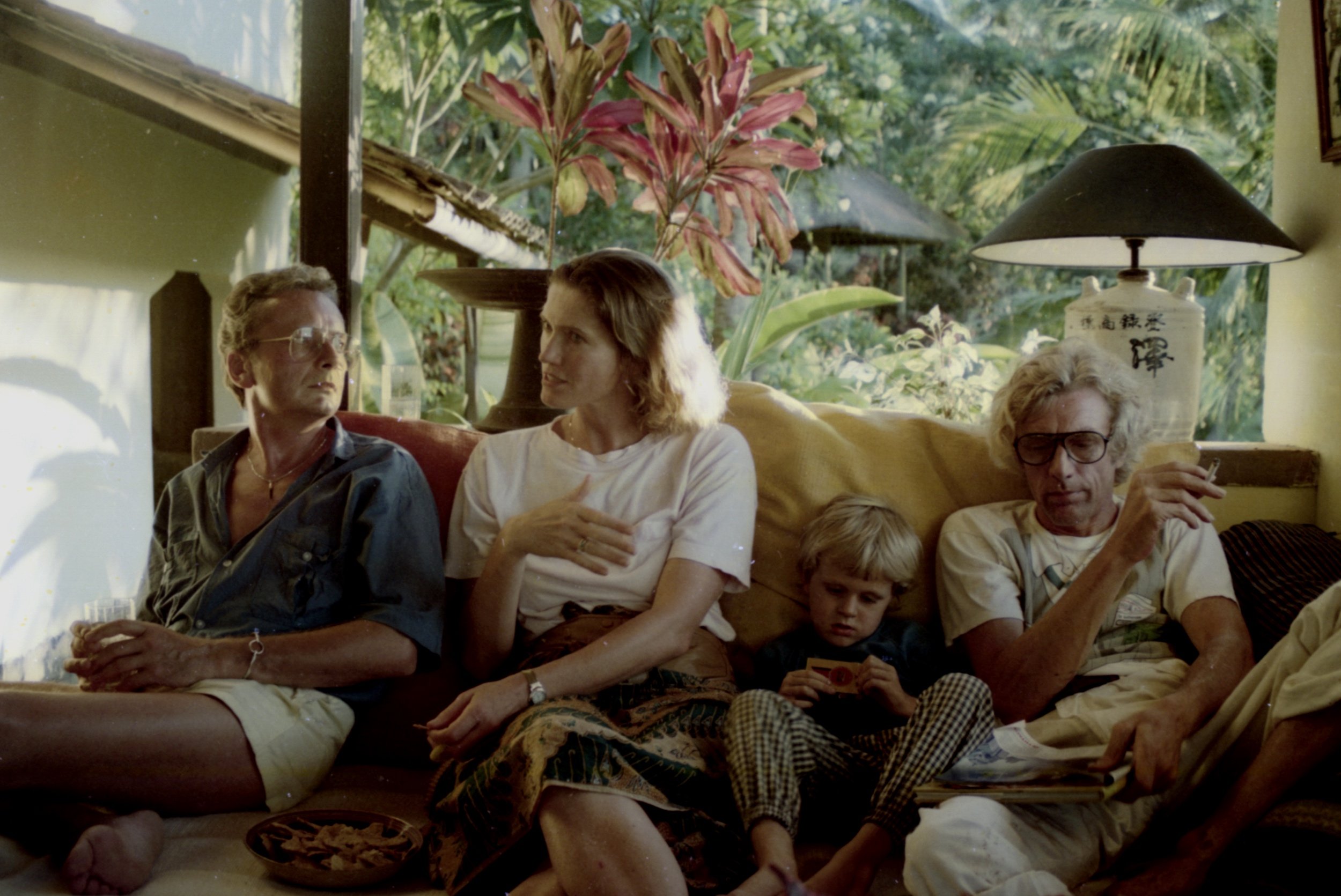
Taman Bebek became a gathering point for flamboyant artists and globe-trotters, drawn by the property's jaw-dropping view, unique architecture and laid back vibe.
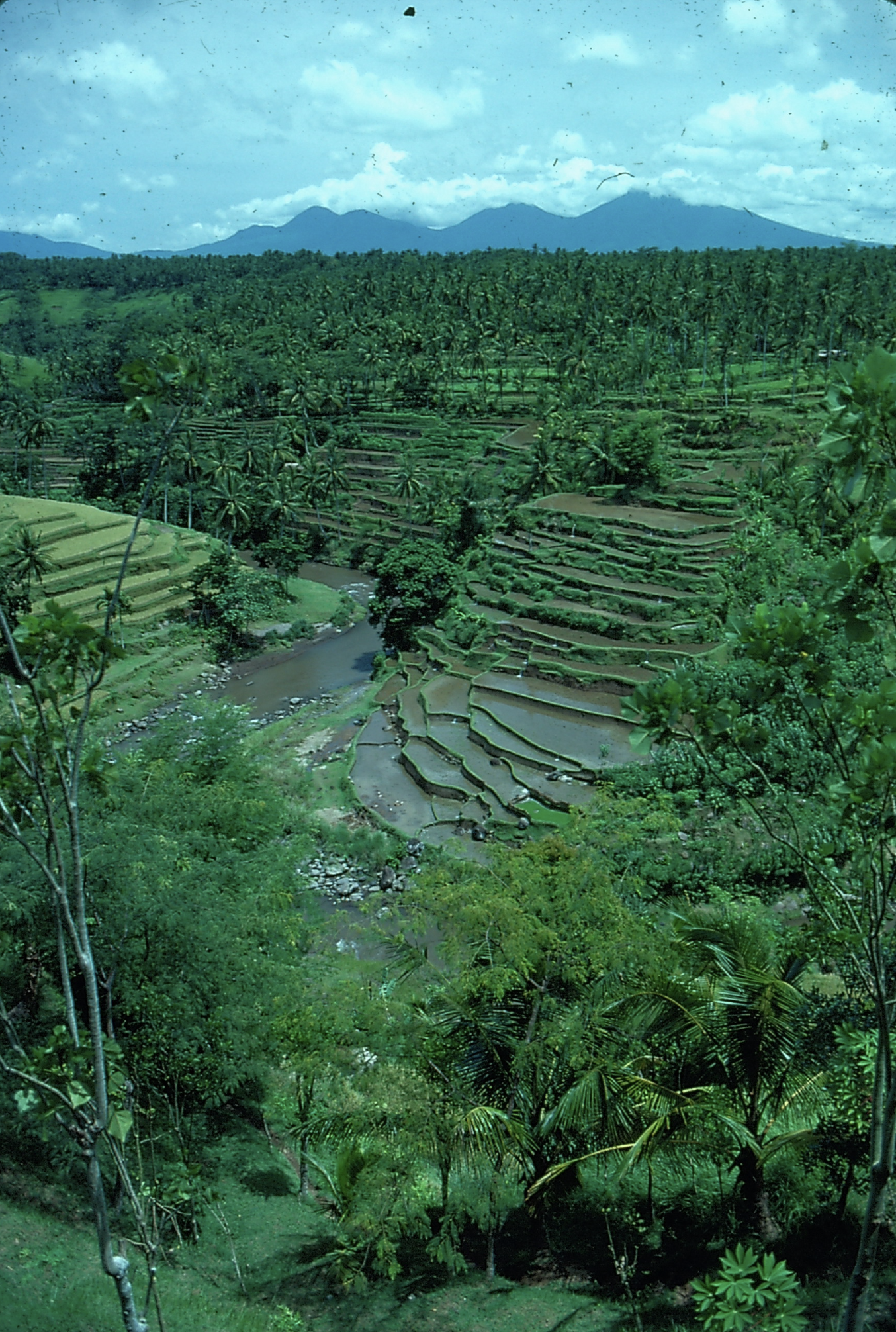
“One of Bali’s Best Views”
Conde-Nast Traveller

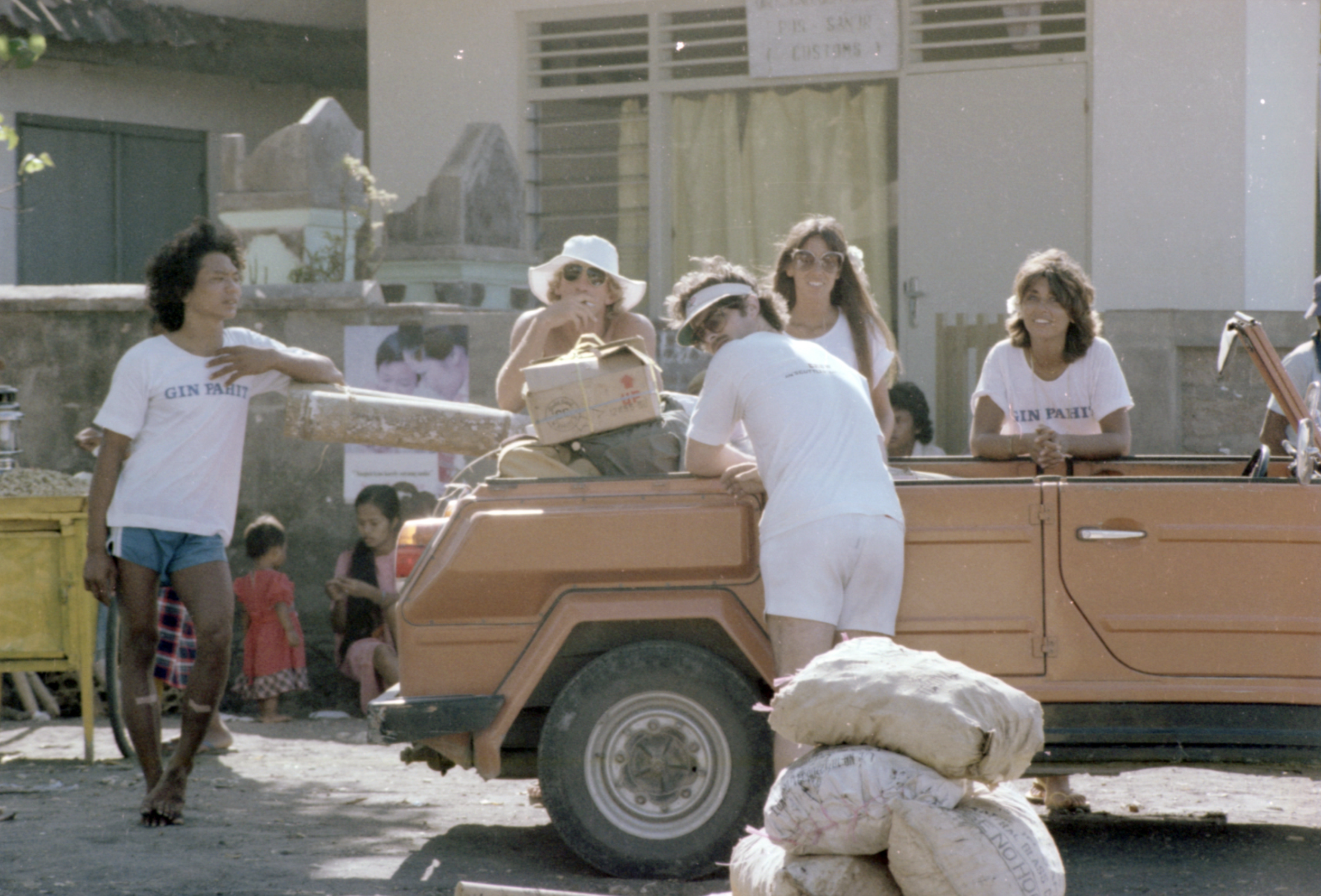
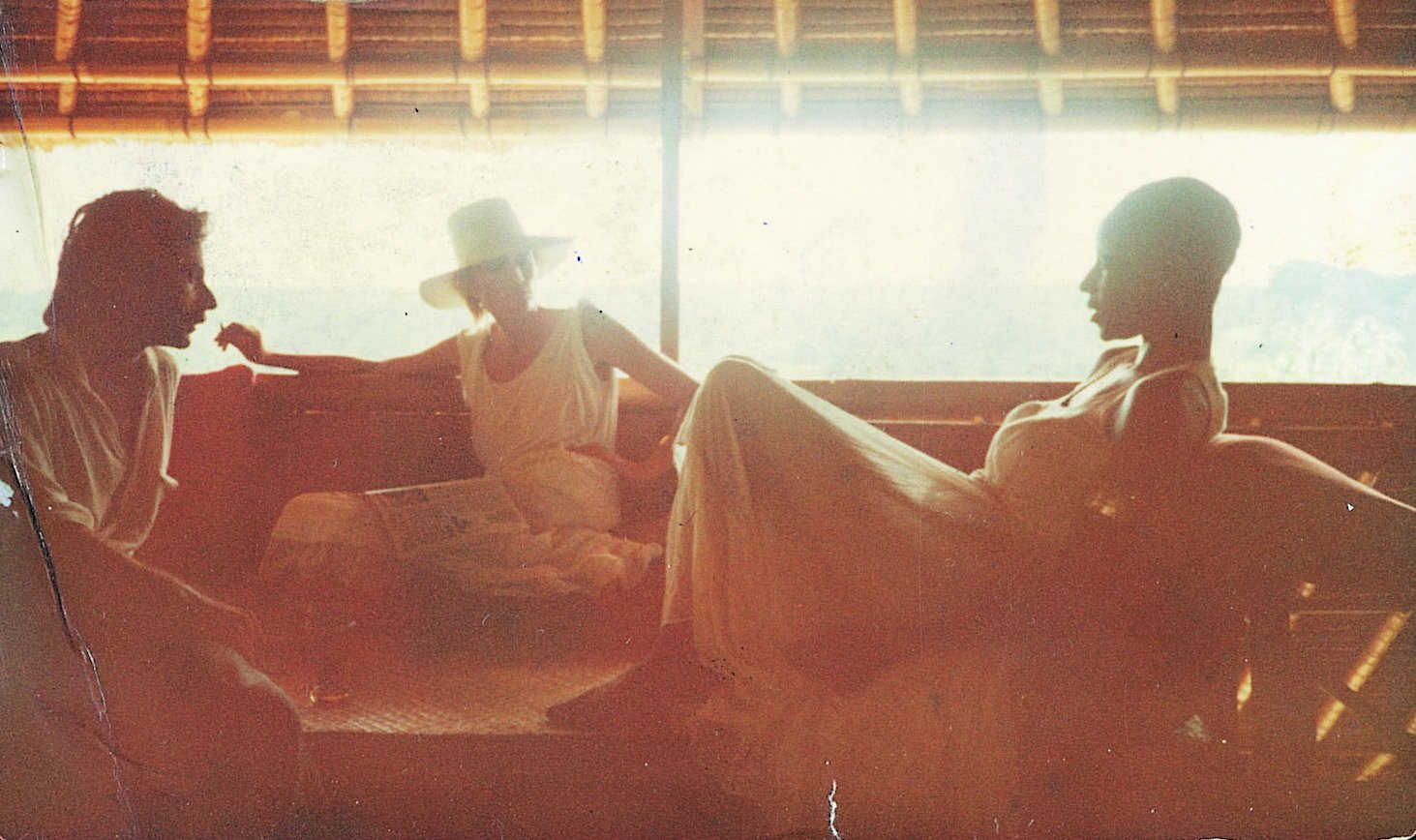
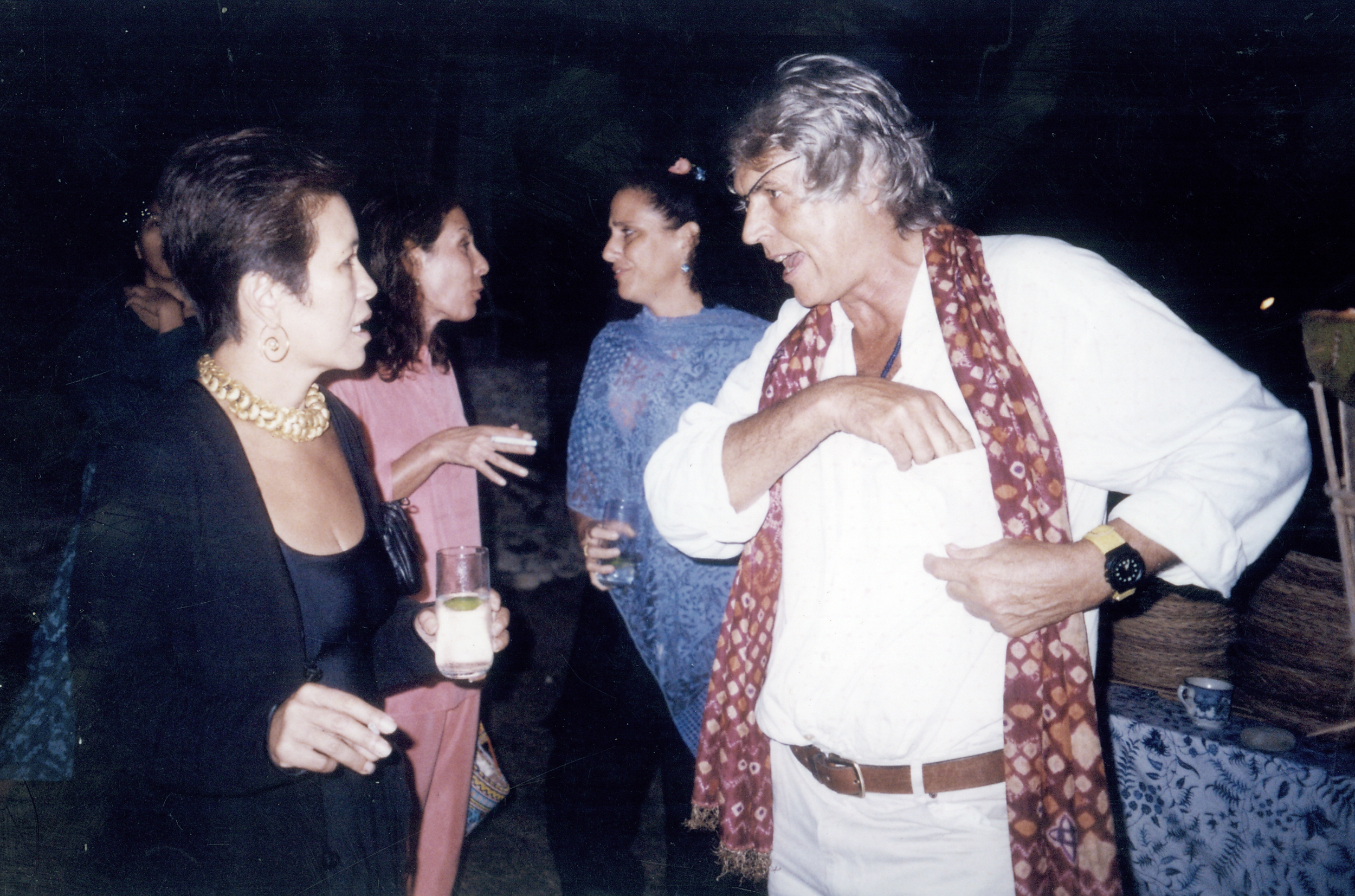
The 2010s
Current owners and hosts, Rita and Gregorio von Hildebrand first discovered Taman Bebek in 2013. For the couple and their family, it was love at first sight and with no desire to leave Taman Bebek, the creative couple made the Presidential Suite their home, allowing them to befriend with Taman Bebek's legendary owner and make an offer to pour their love for the place and restore the hotel to its former glory. Talks stalled over a textile-taste-inspired tiff and just when the couple felt their dream slipping away they received.....
The e-mail passing on the baton.
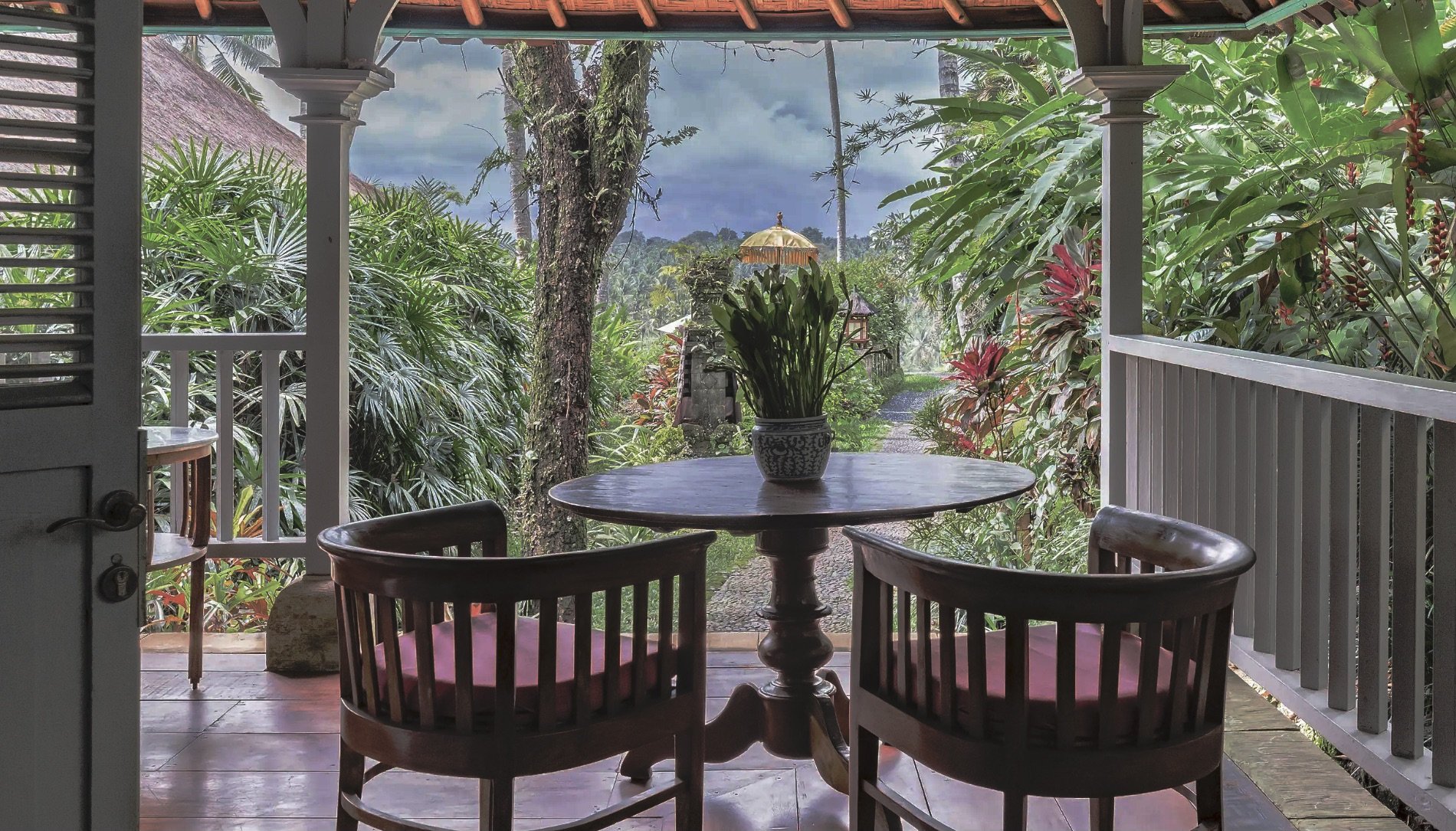
Taman Bebek Today
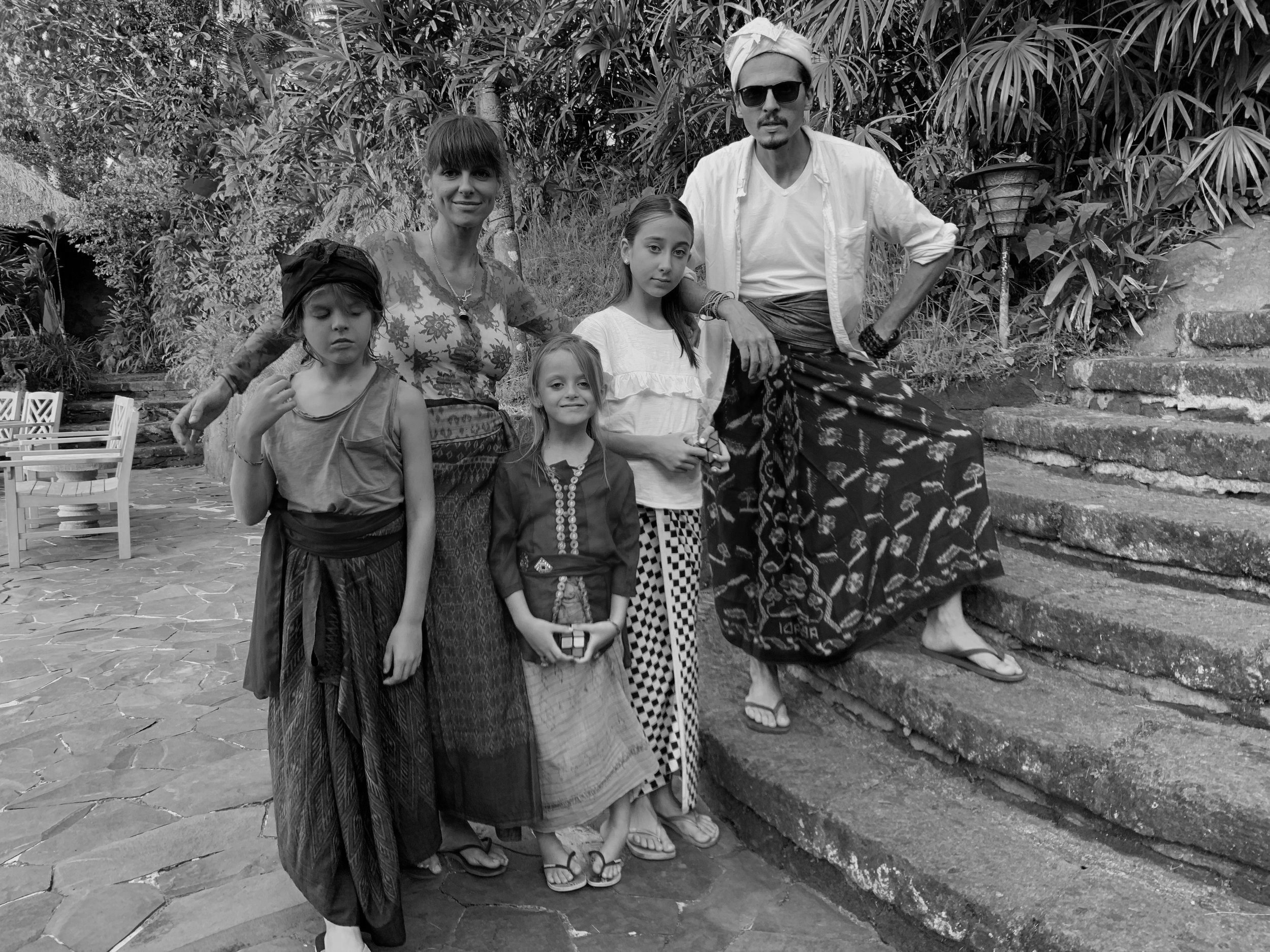
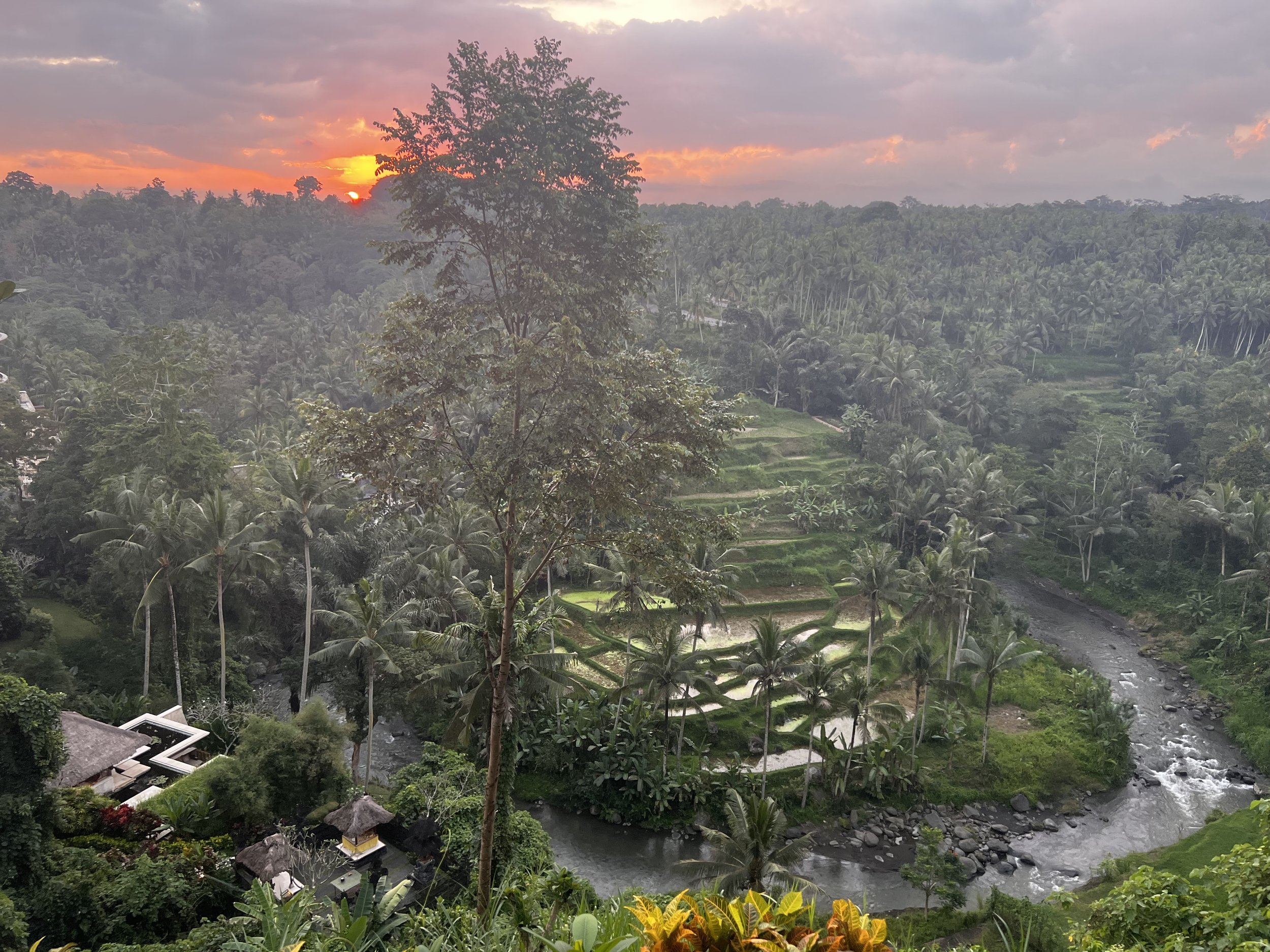
Building a bridge between the past and the future.
When Made passed away in 2016, Taman Bebek was in need of some love and a revival. With its golden memories fading and in need of investment, Rita and Gregorio were able to bring Taman Bebek back to life under their tenure, restoring its reputation and restoring its creative spirit in the face of adversity, including a near-volcanic eruption followed by an extended island lockdown during the pandemic.
